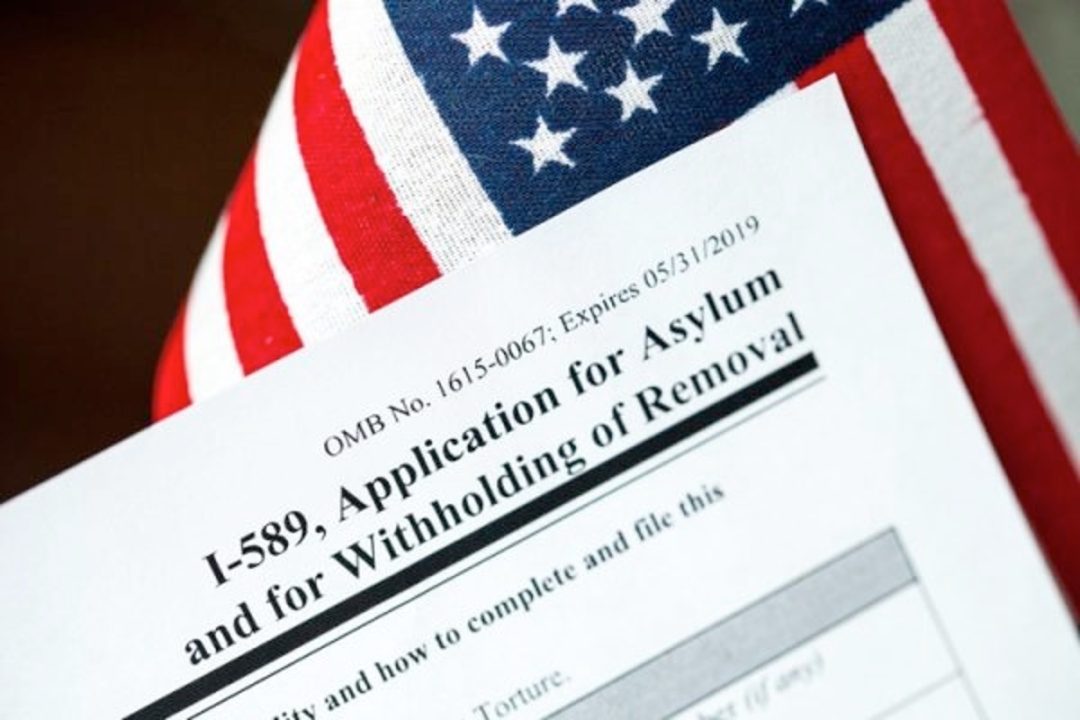
In a victory against mass migration, President Donald Trump has set the refugee-admissions cap at 7,500 for fiscal 2026, the lowest-ever ceiling since Congress enacted the Refugee Act of 1980.
Trump made this announcement in a presidential determination dated September 30, but only published in the Federal Register on October 31.
For context, in his last two years as president (fiscal 2016 and 2017), Barack Obama set the refugee-admissions cap at 85,000 and 110,000, respectively. When Trump took office, he promptly lowered the fiscal 2017 cap to 50,000. He then lowered the cap to 45,000 (fiscal 2018), 30,000 (fiscal 2019), 18,000 (fiscal 2020), and 15,000 (fiscal 2021). By contrast, when Joe Biden took office, he raised the fiscal 2021 cap to 62,500, and subsequently raised the cap to 125,000 for each fiscal year from 2022 through 2025. These numbers represent upper limits, so the actual number of refugee admissions is typically lower (for example, only 27,308 refugees were admitted in fiscal 2025, partially because Trump suspended the U.S. Refugee Admissions Program in January).
Trump also announced that his administration will prioritize admissions of Afrikaner refugees from South Africa.
The lowered refugee-admissions cap is only the latest Trump administration action to limit legal and illegal migration. For example, the administration has restricted employment visas and criteria for entering the United States, and illegal entries have fallen to historical lows.
Further administration actions could soon follow. As The New American recently reported, the Trump administration is considering ending the United Nations’ role in U.S. refugee admissions.
Mass Migration Threatens American Independence
The refugee-admissions cap as established in the Immigration and Nationality Act is unconstitutional. Article I, Section 1 of the U.S. Constitution declares that “all legislative Powers … shall be vested in a Congress of the United States.” By allowing the U.S. president to unilaterally decide how many refugees are admitted into the country annually, the act unconstitutionally delegates Congress’ lawmaking authority to the president. Although Trump is exercising this authority in a relatively sound manner, other presidents could exercise it — and have exercised it — in a manner detrimental to U.S. sovereignty.
Mass migration — both legal and illegal — threatens American independence. By importing migrants into the United States en masse, which prevents their assimilation into American philosophy and culture, the Insiders are able to reshape the nation to their liking. Although much more work is needed to align U.S. immigration laws with Americanist principles, Trump’s first-year immigration-related actions represent good first steps toward protecting U.S. borders and sovereignty. — Peter Rykowski
This article is part of The New American’s weekly online newsletter Insider Report, which is emailed to TNA subscribers each week. Click here to subscribe to The New American to receive the Insider Report and access exclusive content.





